
The FDA granted LSTA1 rare pediatric disease designation for the treatment of osteosarcoma.

The FDA granted LSTA1 rare pediatric disease designation for the treatment of osteosarcoma.

As part of a survey of practicing oncologists in the United States, clinicians may have ethical concerns around using artificial intelligence in cancer care.

The FDA granted accelerated approval to fam-trastuzumab deruxtecan-nxki (Enhertu) for patients with unresectable or metastatic HER2-positive solid tumors who have received prior systemic treatment.

In the April 2024 issue of Oncology Nursing News, stories focus on bladder-preserving treatment options in bladder cancer, recent FDA approvals, conference news, and embracing vicarious resilience.

The FDA has approved idecabtagene vicleucel for patients with relapsed/refractory multiple myeloma who have received 2 prior lines of therapy.
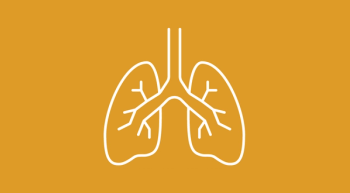
First-line treatment with osimertinib and chemotherapy significantly improved survival outcomes after disease progression in EGFR-mutated NSCLC.

Research is focusing more on the realities of a cystectomy and how to improve treatment options.

Findings from this study demonstrated effectiveness with frontline ibrutinib in patients with previously treated, low-risk mantle cell lymphoma regardless of whether rituximab was added.

The biologics license application for datopotamab deruxtecan has been accepted by the FDA for pretreated HR-positive, HER2-negative metastatic breast cancer.
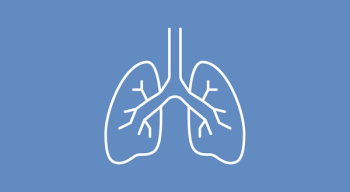
First-line treatment with anlotinib plus chemotherapy improved progression-free survival compared with chemotherapy plus placebo in patients with extensive-stage small cell lung cancer.

Differences in gut microbiome signatures may lead to more accurate treatments and diagnoses for patients with colorectal cancer.

The preference of subcutaneous atezolizumab compared with its intravenous formulation was demonstrated in patients with non–small cell lung cancer treated on the IMscin002 trial.

Throughout March, the FDA has approved drugs for the treatment of disease including lung, hematologic, esophageal, and gynecologic cancers.

Criteria for progression-free and overall survival endpoints in patients with endometrial cancer with mismatch repair proficient disease were not met.

The new drug application for revumenib is supported by data from the AUGMENT-101 trial of patients with KMT2A-rearranged acute myeloid leukemia or acute lymphoblastic leukemia.

Patients with early-stage breast cancer treated with ribociclib plus a nonsteroidal aromatase inhibitor provided a greater invasive disease-free survival benefit compared with nonsteroidal aromatase inhibitor therapy alone.

Discussions at a Community Case Forum event emphasized the importance of listening to patient concerns and a multidisciplinary approach when treating advanced endometrial cancer.

The American Society of Clinical Oncology updated its vaccine guidelines for patients with cancer — a population that may have a heightened infection risk.
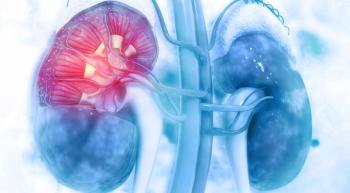
Stereotactic ablative body radiotherapy in primary renal cell cancer may be a treatment approach with an acceptable adverse effect profile and with minimal impact on renal function.

The benefits noted in this exploratory analysis were irrespective of the number of neoadjuvant treatment cycles completed in patients with resectable non-small cell lung cancer.
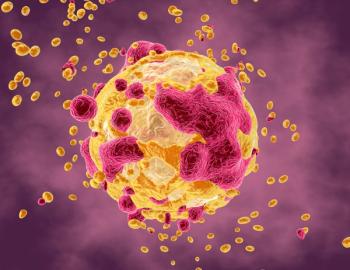
Oncology nurses can assist in educating patients with sarcoma about clinical trial outcomes and the benefits of participating in trials.

Trial data support potential treatment options with durvalumab-based regimens for advanced or recurrent endometrial cancer.

Patients with EGFR exon 20 insertion–mutated NSCLC treated with amivantamab plus chemotherapy experienced an extension in the time to treatment discontinuation and subsequent therapy.
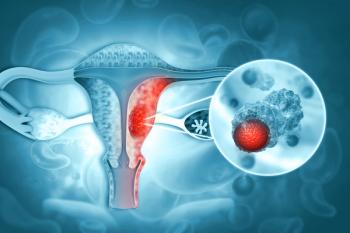
Patients across endometrial cancer subgroups derived a favorable survival benefit with pembrolizumab plus chemotherapy in the KEYNOTE-868 trial.

Patients with advanced hepatocellular carcinoma treated with nivolumab plus ipilimumab had an improvement in overall survival compared with standard-of-care TKIs.

Patients with microsatellite instability high primary advanced or recurrent endometrial cancer derived a significant survival benefit when treated with dostarlimab plus chemotherapy.

Patients with non–small cell lung cancer treated with targeted therapies experienced an overall survival benefit.

Progression-free and overall survival benefits were obtained with MRD-guided ibrutinib plus venetoclax when compared with fludarabine plus cyclophosphamide and rituximab in chronic lymphocytic leukemia.

Mirvetuximab soravtansine received full approval from the FDA for pretreated adult patients with FRα positive, platinum-resistant epithelial ovarian, fallopian tube, or primary peritoneal cancer.

Amanda Duck, PA-C, RD, held a discussion during a Community Case Forum on the progress made in using immunotherapy to treat patients with advanced endometrial cancer and the creativity sometimes needed to address adverse events.